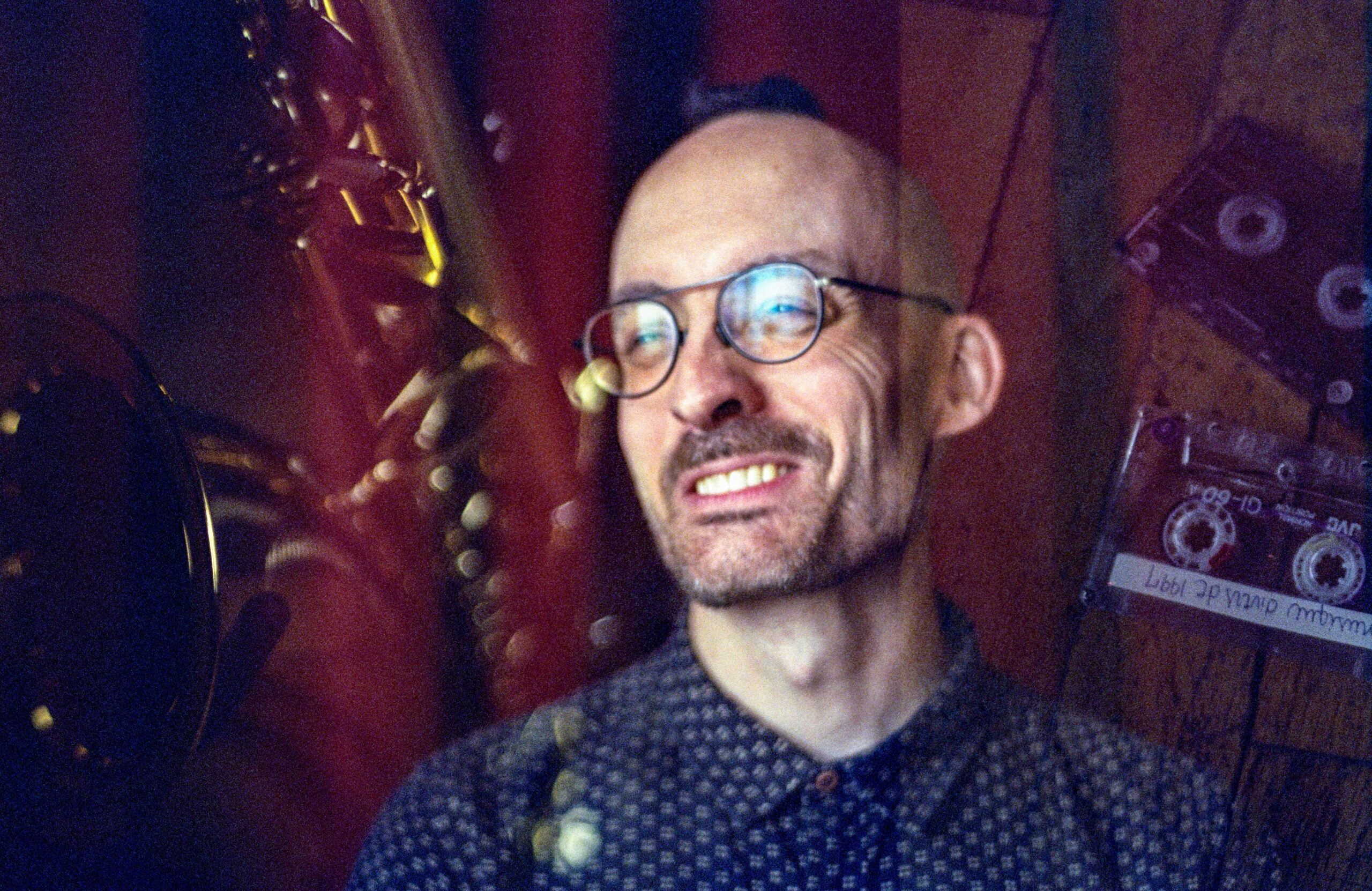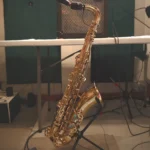
Associate Researcher
Biography:
Hailing from St. John’s, Newfoundland and Labrador, Greg Bruce is a Doctor of Musical Arts who has spent over 20 years in the music industry as a saxophonist, composer/arranger, and band leader. During this time Greg has drawn on his training in classical and jazz to record, tour, and perform in every setting imaginable: from conferences in the US, to street parties in Canada, to palaces in Russia.
For his doctoral studies, Greg developed a feedback saxophone system whereby the saxophone is augmented by analogue media to manipulate acoustic feedback tones. He has since expanded this work to include various cassette tape media in a post-digital solo performance project.
As an educator, Greg worked as Applied Music Instructor at the College of the North Atlantic in the 23/24 academic year; he has taught privately most of his career; he has led workshops and masterclasses at the University of Toronto; and worked as a per-course instructor at Memorial University.
Beginning in Fall 2024, Greg will be working as post-doctoral scholar at McGill University in Montreal, QC.
Research Statement:
New technologies have lessened the importance of instrumental practice in the musical world. Signs of this trend can be seen in the displacement of live performance by pre-recorded music; the disappearance of music programs, as well as professional orchestras and bands; and the increasing popularity of digital
tools. While there has been much research involving cutting-edge software and musical instruments, the rate of change, as well as the flexibility, of digital media lead such work to advance digital practices more so than instrumental technique. The ongoing AI revolution will likely accelerate this trend.
Post-digitalism provides a framework for technologically extending traditional instruments in ways that support the continued relevancy of instrumental practice. As an ethos that embraces the idiosyncrasies, noise, and limitations of physical and digital media, post-digitalism does not fall victim to the perceived or planned obsolescence of modern technologies. My work with feedback saxophone, a novel electroacoustic system I developed during my doctorate, demonstrates the creative potential of this approach. By minimally augmenting the tenor saxophone with common musical equipment,
manipulating the saxophone itself conjures malleable acoustic feedback tones, expanding the instrument’s expressive palette.
To innovate, and bolster the importance of, instrumental practice in face of digital hegemony and the AI revolution, I will expand my feedback saxophone research by streamlining its equipment,
discovering and developing new techniques, and collaborating with composers to create new works. Presenting the results of this research in written, performance, and audio-visual formats will contribute to saxophone and electroacoustic practice, as well as instrument design. My findings will also demonstrate how post-digitalism can effectively advance instrumental practice and act as a counterpoint to current trends in music technology.
Research Areas:
Projects
Contacts:
- Email: gregory.bruce@mail.mcgill.ca
- Website: http://www.GregBruce.ca/


